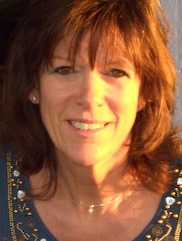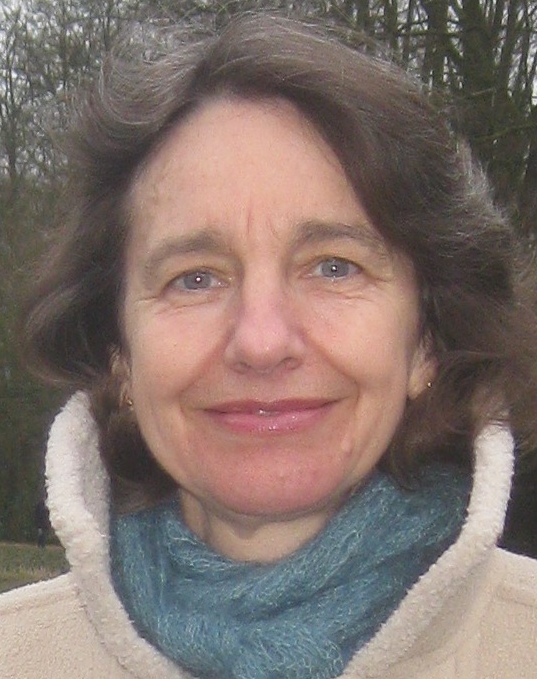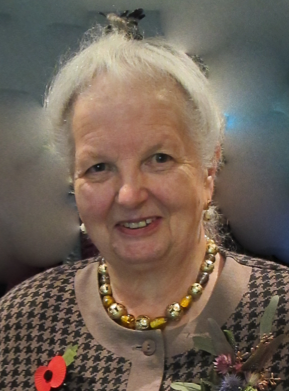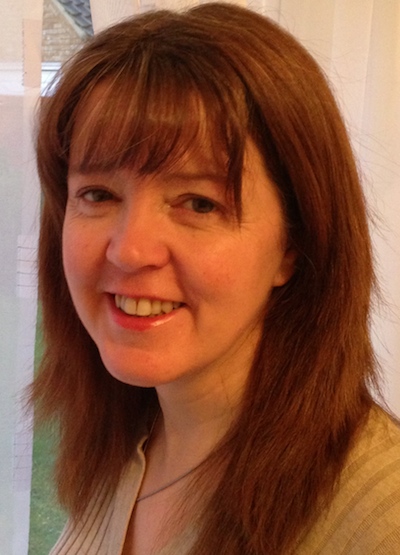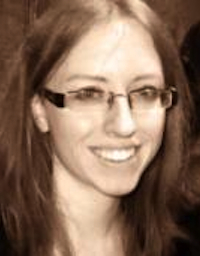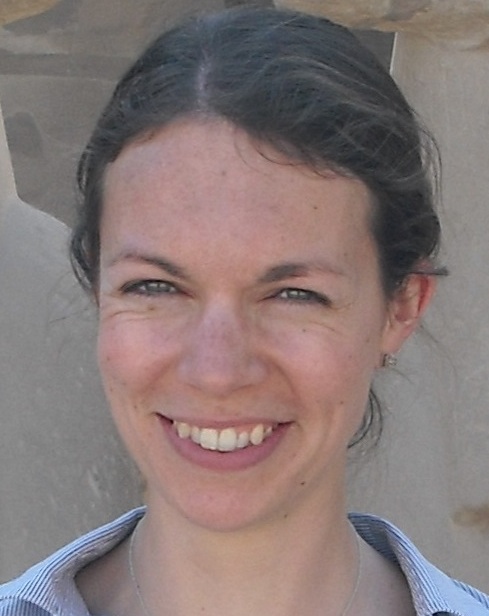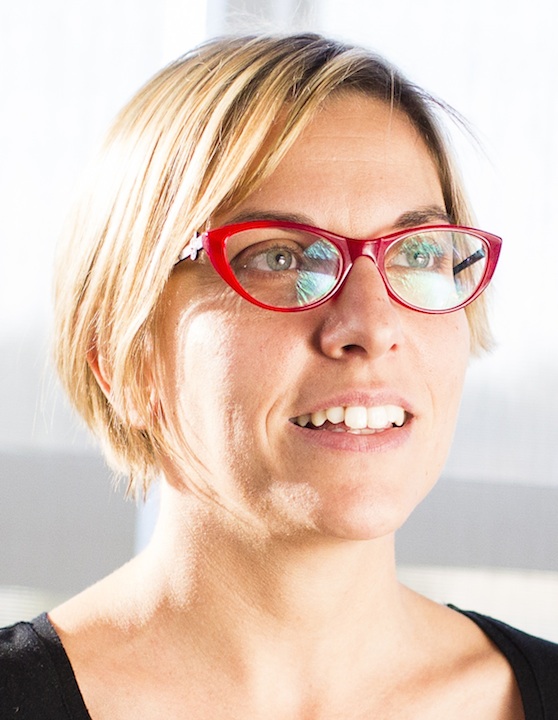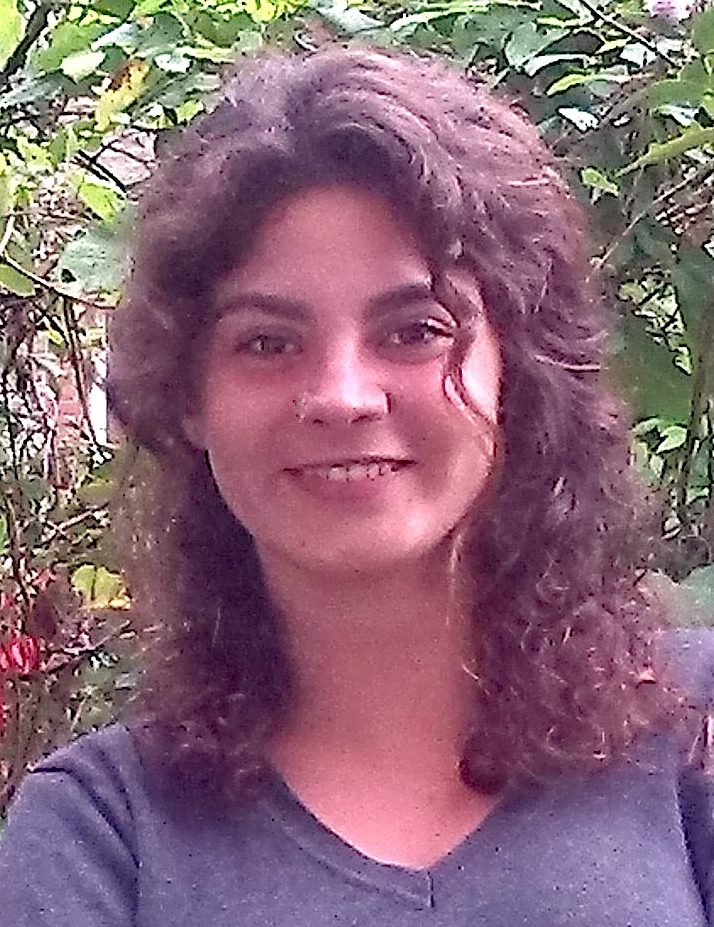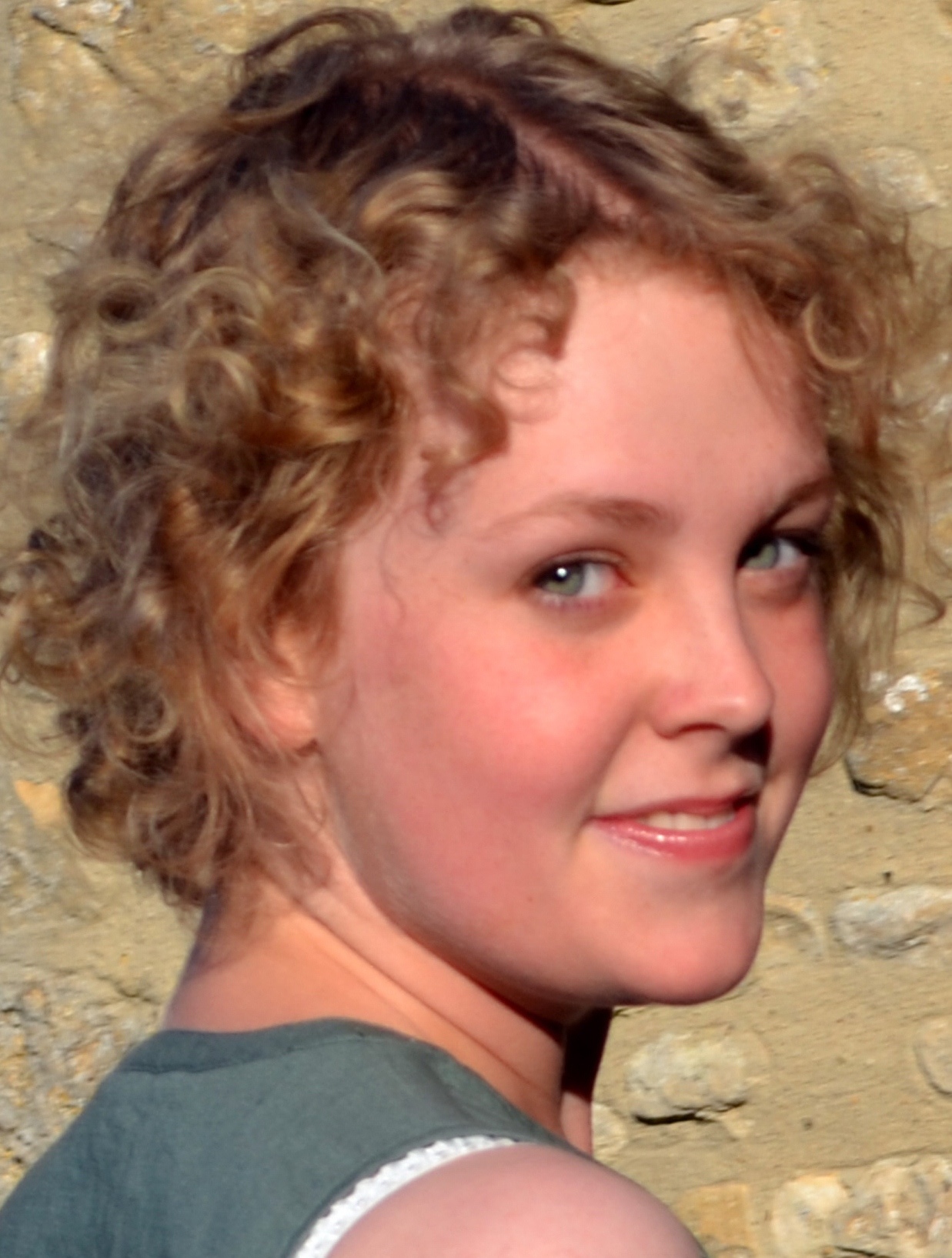
The Team
There is growing requirement for archaeologists to undertake more outreach in the communities in which they excavate as part of the IMPACT component of their research. This places additional pressure on the archaeologist's time, abilities and work.
With our range of skills in archaeology, education, community development, public involvement in arts and drama, business organisation and tourism, we are able to help archaeologists extend their positive impact within the communities in which they work.

